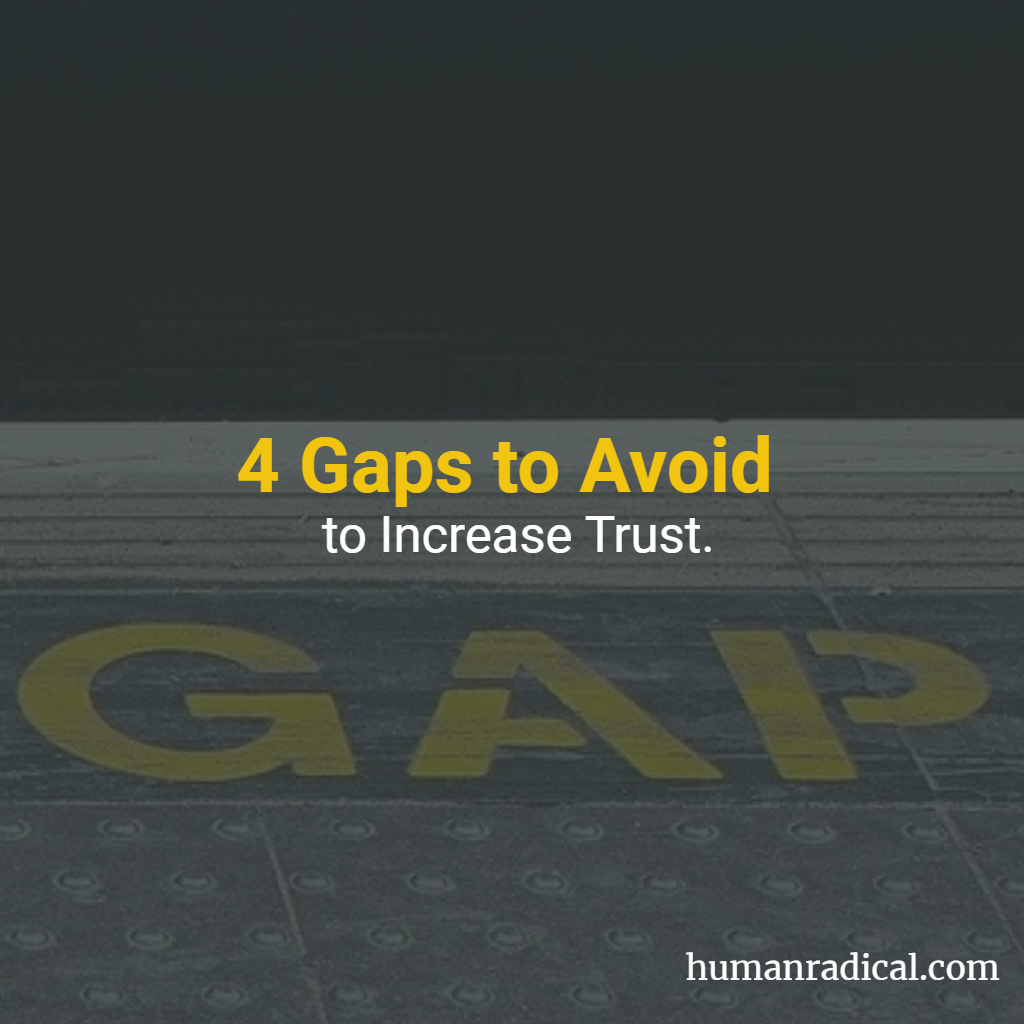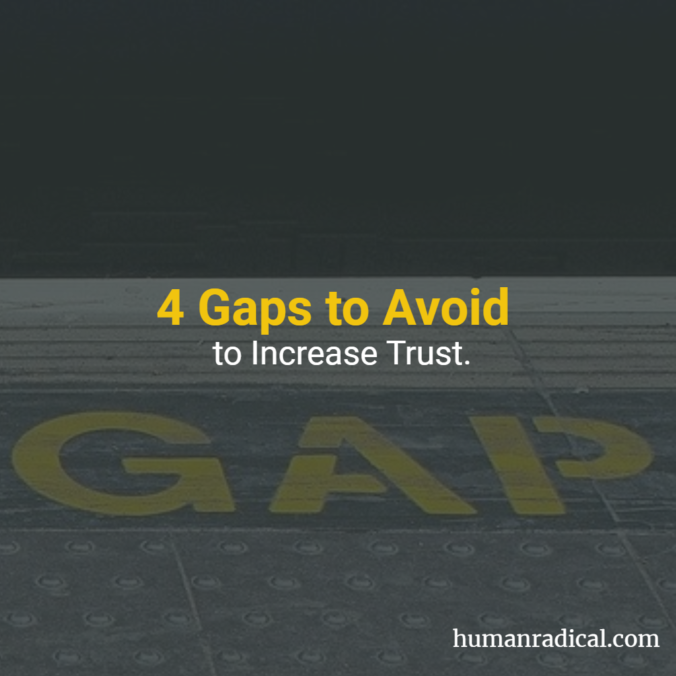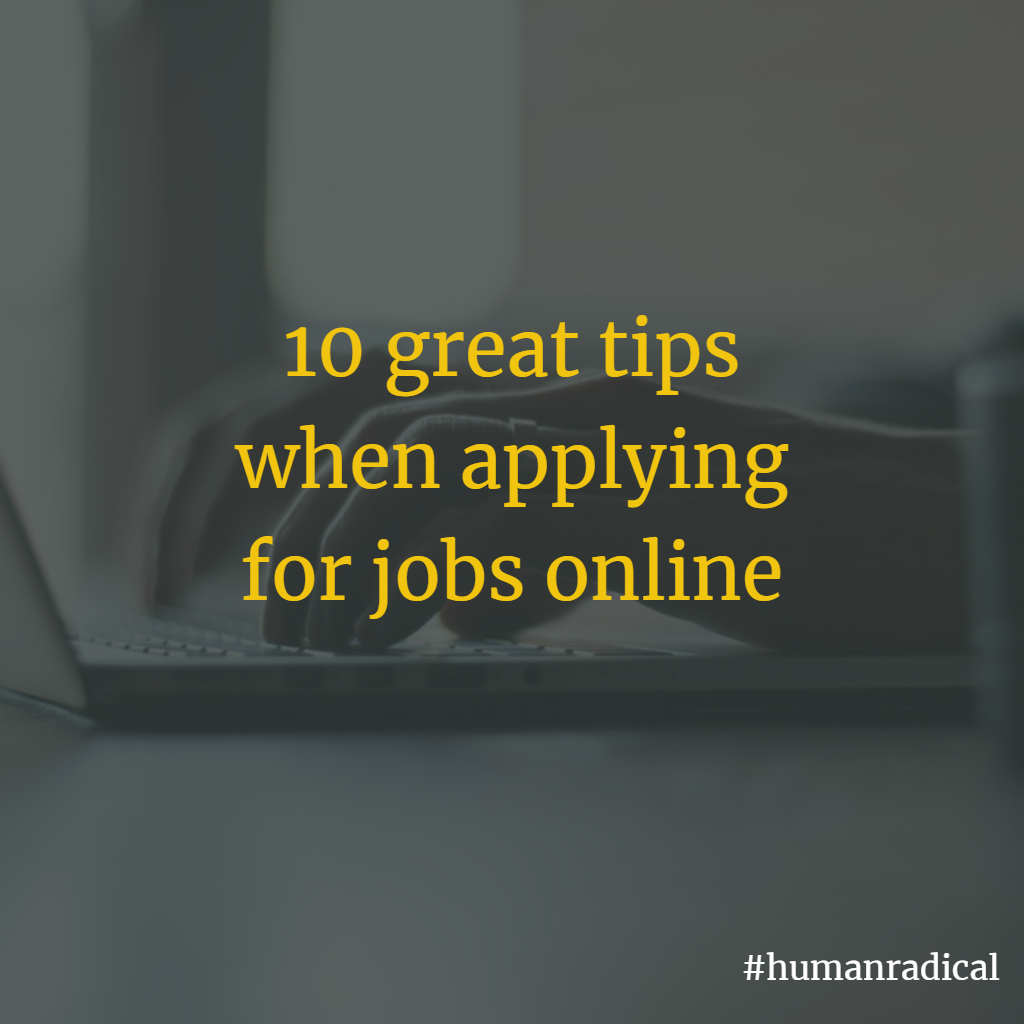An yone who has ridden the London Tubes will be all familiar with this phrase ,”Please mind the gap between the train and the platform.” The announcement is a constant reminder to beware of gaps, so that you don’t get tripped up or worse.
yone who has ridden the London Tubes will be all familiar with this phrase ,”Please mind the gap between the train and the platform.” The announcement is a constant reminder to beware of gaps, so that you don’t get tripped up or worse.
Gaps can be dangerous! And it’s a pretty safe bet that one of these four gaps are tripping you up.
Gap # 1 | Communication Gap
“But I told you that” is the thought that pops to our mind, “why didn’t they listen?”. We might of said it, or sent an email and made it abundantly clear. But just because we said it does not mean communication has happened. And if they didn’t understand us, as the communicator it’s our fault, not theirs!
At Agoge and coHired we value Compelling Communication. That means that our communication should compel people to take action. Compelling communication is hard, because it takes pre-thought, clarity and crafting. But without it communication is often lost.
Lastly, a big issue with the communication gap, is that any gap will be filled. Either by the other persons thoughts or other peoples conversations.
Gap # 2 | Statement / Fact Gap
We’ve all heard it before, someone makes a big strong statement that is simply not factual. But they say it so strongly that no-one wants to refute it. Avoid doing this ourselves by watching for the word ‘always’ and ask questions before making a statement.
Always: Watch for this word “always”. ‘He always…’, ‘I always’, ‘it has always been’. Always can lead to big gaps between statements and facts. And when you make strong statement it always often shuts people down, and stops the real detail and facts coming out.
Questions: Steven Covey said “Seek first to understand before being understood”, and there is so much power in that phrase. The best way to avoid being ‘that person’ is to ask a bunch of questions to really establish the facts before making the big statement.
Gap # 3 | Say Do Gap
Nothing affects our credibility more than saying we will do something, and then not doing it. For some people this gap is more like a chasm, and its generally avoided by…
Yes means Yes: “Let your Yes be Yes, and your No be No”. We get to choose to say ‘yes’, which means we also get to choose to say ‘no’. The irony for many people is when they are most busy they say yes because its easy to avoid the mental load of saying no. Sometimes it’s a great idea to pause the yes. ‘I don’t have the space right now, can you check back in a few days’.
Clarity: Once we say yes, be really clear with the person what we are saying yes to. What are e committing to and most importantly by when? If they expect it today, and we are thinking a week. Huge gap.
Capture it: I’m constantly blown away by how many people ‘trust’ their memories. If we say we are going to do something and we don’t write it down in a place we can trust (GTD). We are setting ourselves up to fail.
Ask for help: Often we have the best intentions and then we hit a roadblock and our execution stalls. Don’t let a say do gap arise because we aren’t prepared to ask for help. Often the best place to ask for help, is by starting person we agreed the action. It shows them we are working on it, but stuck.
Unsay it: Once we’ve said it does not mean it’s the final word on the matter. ‘Hey I know I said I could do this. But I simply don’t have the space for it, but here’s someone else who may be able to help.’
Gap #4 | Knowledge Gap
The knowledge gap can trip us up in 2 ways;
Your knowledge gap: We all hate a ‘know it all’, which is why it’s crazy that we so often think we need to have the answer. ‘A little knowledge is a dangerous thing’, and we don’t have to know everything so stop pretending like we do. “I don’t know”, “I can’t recall’, “and I can go find out” responses are great to help make sure we get the knowledge we actually need.
Their knowledge gap: Sometimes we are the expert and the gap is theirs. Just because you know the answer does not mean you need to fill the gap. People with all the knowledge often end up being in the middle of the knowledge gap, which is helpful in the short term, but a disaster in the long term. If someone is asking for your knowledge, sometimes the best thing to do is to get them to fill the gap for themselves.
∴
Why are these gaps so dangerous?
One word.
Trust.
When we allow the above gaps to form, people notice. And if the gap gets too big, you begin to get a bad reputation. When that happens their trust in you takes a massive hit, so maybe it’s time to go fill some gaps.

 In the past, most jobs were about manual labour. Back then strength and physicality won the day.
In the past, most jobs were about manual labour. Back then strength and physicality won the day.